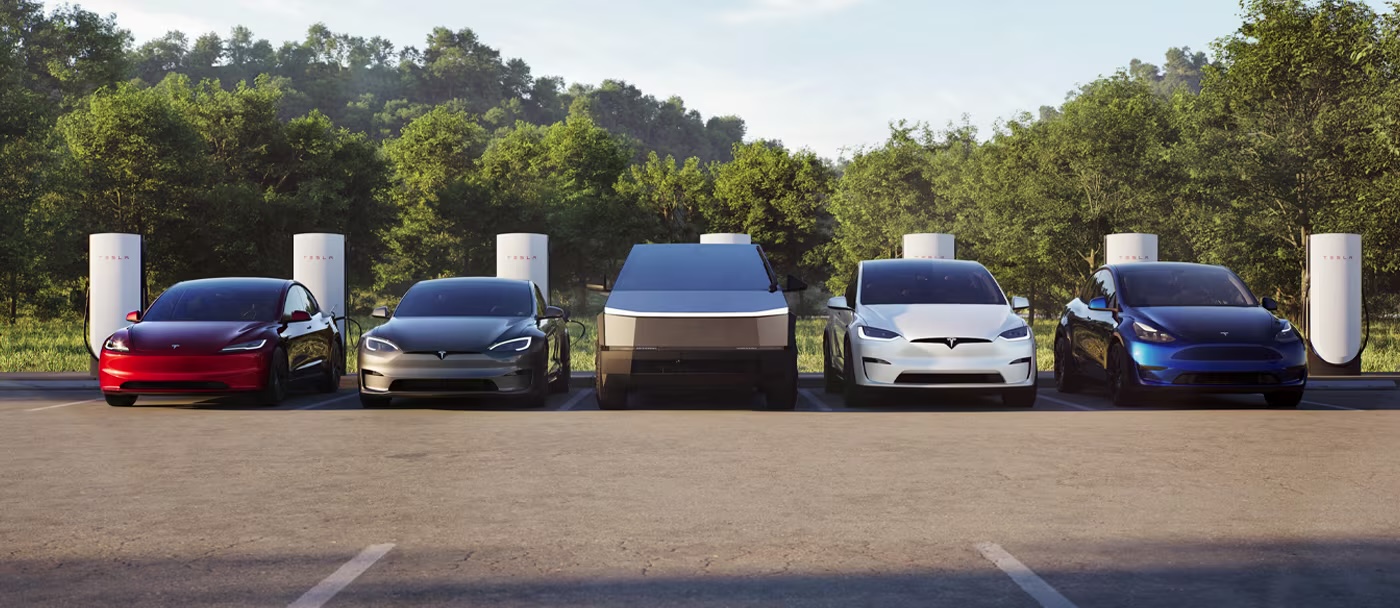
Canada Lags Behind U.S. in EV Consideration, Says J.D. Power

According to the second annual J.D. Power Canada Electric Vehicle Consideration (EVC) Study, the majority of Canadian consumers (66%) are either “very unlikely” or “somewhat unlikely” to consider an electric vehicle (EV) for their next purchase.
The study, released today, reveals a significant 13% drop in overall EV consideration in Canada, from 47% in 2022 to 34% in 2023. This figure is considerably lower than the U.S., where 61% of consumers are likely to consider purchasing an EV this year.
J.D. Ney, director of the automotive practice at J.D. Power Canada, commented on the findings, “Despite current legislation that is pushing hard for EV adoption, consumers in Canada are still not sold on the idea of automotive electrification. Growing concerns about affordability and infrastructure have caused a significant decline in the number of consumers who see themselves in the market for an EV anytime soon.”
Key findings of the 2023 study include:
- A year-over-year decline in EV consideration: 66% of Canadian automobile shoppers are unlikely to consider an EV for their next vehicle purchase, a 13% increase from 2022. In contrast, U.S. consumers likely to consider purchasing an EV has increased to 61% this year, up from 59% in 2022.
- Top roadblocks include range anxiety, purchase price, and charging infrastructure: Among Canadian consumers unlikely to consider an EV, the most frequently cited obstacles are limited driving distance per charge (63%), purchase price (59%), and lack of charging station availability (55%).
- Lack of consumer exposure to EVs: Despite widespread awareness of EVs, 55% of vehicle shoppers have never been in an EV. Among Canadian consumers who have rented, borrowed, or test-driven an EV, 43% are likely to consider an EV.
- Geographic variation in EV consideration: EV consideration is highest in Western Canada, with 46% of consumers in British Columbia indicating interest in EV ownership. Interest is middling in Quebec (39%) and Ontario (34%), while it is least in Atlantic Canada (26%) and Prairie (22%) regions.
Ney concluded, “It is going to take significant investment and close collaboration between manufacturers and lawmakers to address issues of overall affordability, capability, and infrastructure before Canada can reach its national and provincial EV sales targets.”
The decline in consumer EV interest may also be due to the fact Ontario cancelled its EV rebate years ago, whereas B.C., Quebec and more still have provincial rebates. These provincial rebates, coupled with the federal iZEV rebate have spurred many sales of Tesla vehicles such as Model 3 and Model Y that qualify for both.
The Canada Electric Vehicle Consideration (EVC) Study is an annual benchmark for gauging EV shopper consideration. This year’s study measured responses from 4,488 consumers and was fielded in April-May 2023.

